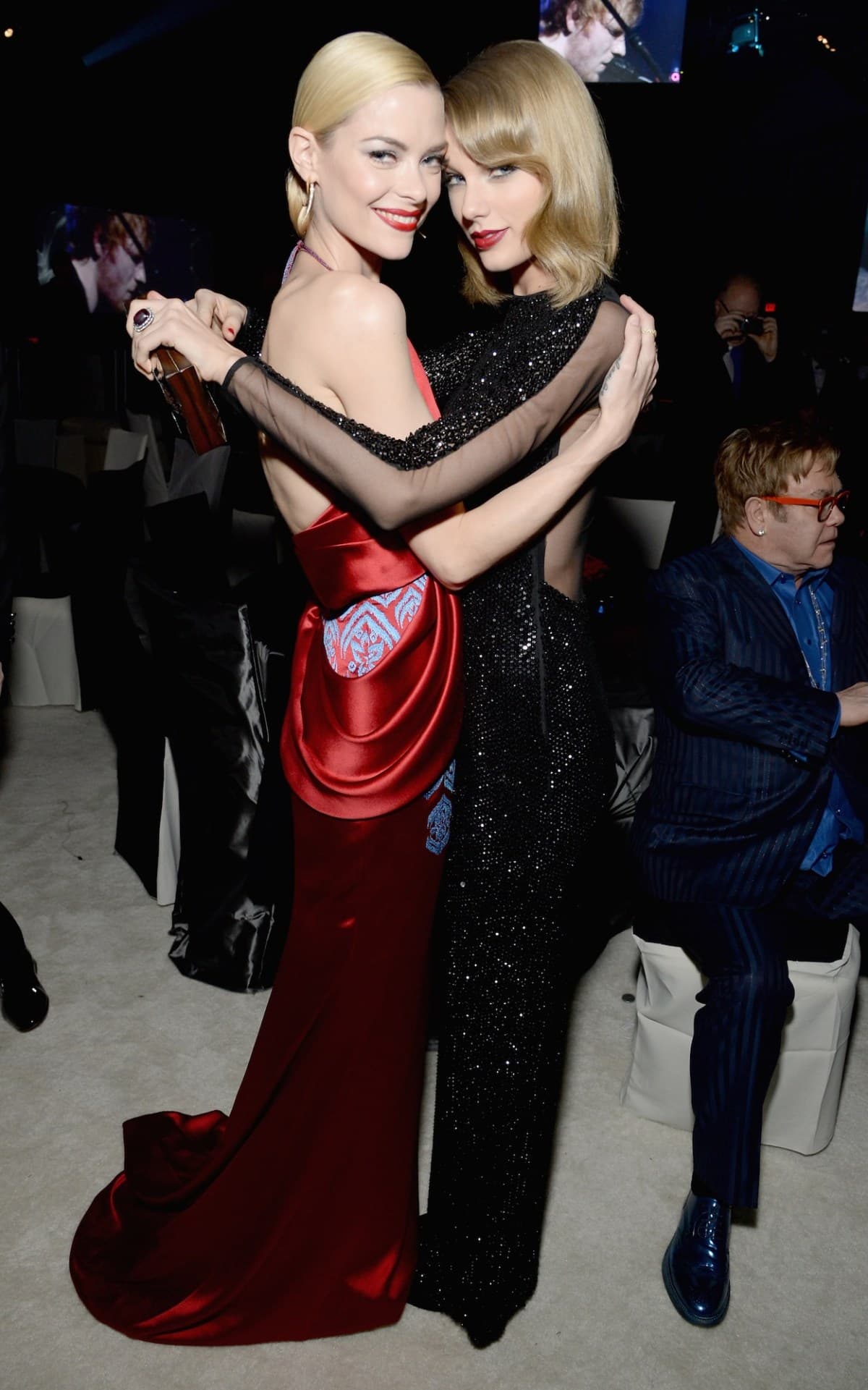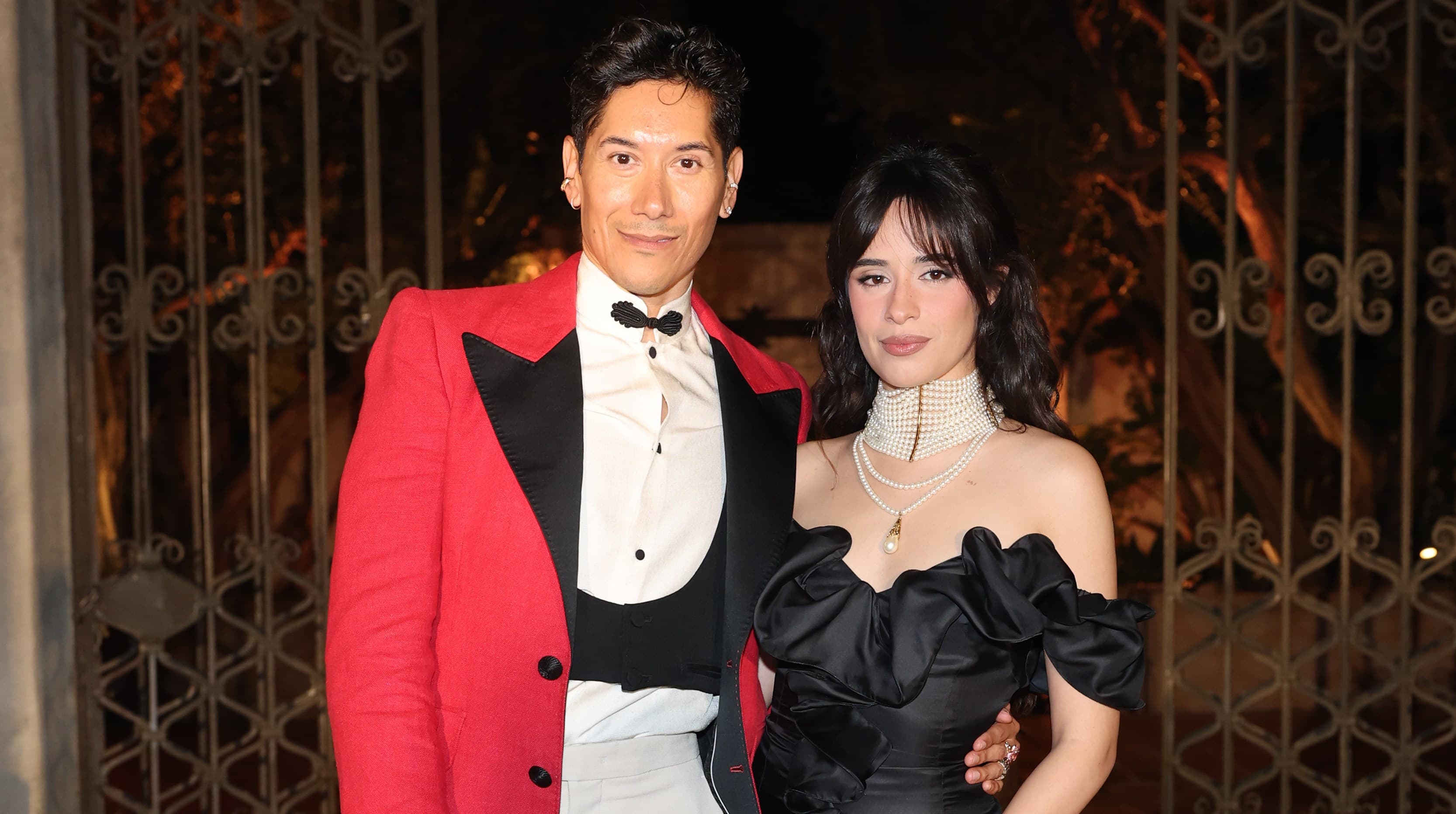The Ongoing Controversy Surrounding Erin Foster's Jewish Identity in Comedy

Erin Foster's recent remarks, emphasizing her Jewish identity in a manner critics deem disingenuous, have reignited discussions on authenticity in comedy. In her latest stand-up special, released on October 10, 2023, Foster made several jokes about Jewish stereotypes that not only highlighted her heritage but also prompted backlash regarding insensitivity versus culture appropriation.
According to sources close to the comedian, Foster was indeed trying to reflect her experiences growing up in a Jewish household in Los Angeles, which is home to one of the largest Jewish populations in the U.S. However, this incident marks the second time within a year that her humor has sparked debate over the line between personal narrative and perceived exploitation.
The situation mirrors a notable 2022 incident involving comedian Iliza Shlesinger, who faced criticism in April for similar remarks in her set, discussing Jewish identity within a non-Jewish context. This also parallels discussions from 2020 when Sarah Silverman encountered backlash for her take on Jewish stereotypes, raising questions about how Jewish identity is represented in comedy.
Foster, despite the controversy, has earned recognition for her dual career in both comedy and television. Previously, she starred alongside her sister, Sara Foster, in the series "Barely Famous" (2015-2016) which showcased their real-life experiences in the entertainment industry. As of 2023, she is slated to release a new series, "Jewish Girl Problems," expected to debut in early 2024, which may continue to explore her cultural identity.
The impact of this incident on Foster's career trajectory cannot be overlooked. With comedy increasingly scrutinized for cultural sensitivity, the backlash may influence her future projects. Industry analysts indicate that her upcoming work will likely focus on navigating this challenge, as well as her willingness to address criticism, particularly given the audience's growing demand for authentic representation.
Prior critiques serve as a historical precedent. Comedian Louis C.K. faced severe repercussions for earlier material that trivialized cultural identity, underlining the consequences of inappropriate comedic expressions. Similar to Foster's current experience, C.K.'s career saw a significant shift as audiences reevaluated their response to cultural narratives in his humor.
Foster's case highlights a broader trend within entertainment, particularly among comedians who integrate their Jewish identity into their routines. Industry sources say that approximately 63% of Jewish comedians feel challenged to balance humor with authenticity without perpetuating stereotypes, which complicates their commentary on identity.
As Foster prepares for her upcoming projects and navigates the current controversy, the entertainment landscape remains vigilant about cultural sensitivity. Observers will be watching closely to see how her forthcoming content addresses these discussions and whether she reframes her narrative to engage more authentically with the challenges tied to her background.
Celebrity Photos
8 photos

Stassi Schroeder Begins Production on Solo Docuseries ‘Stassi Says’

Lucien Laviscount Hints at Shocking Twists in ‘Emily in Paris’ Season 5

Jaime King Expresses Enthusiasm for Taylor Swift's Engagement to Travis Kelce

K-Pop Demon Hunters Inspires Celebrity Kids for Halloween Costumes

Jordon Hudson's Halloween Costume References Bill Belichick Interview Controversy

Carlos Eric Lopez Hosts Dia de Muertos Gala with Camila Cabello, Miguel and Nicole Richie

Kourtney Kardashian Expresses Discontent with Sisters Kim and Khloé Over Comments in New Season of 'The Kardashians'

Liam Gallagher Critiques Fan Who Ignited Flares at Oasis Concert in Australia